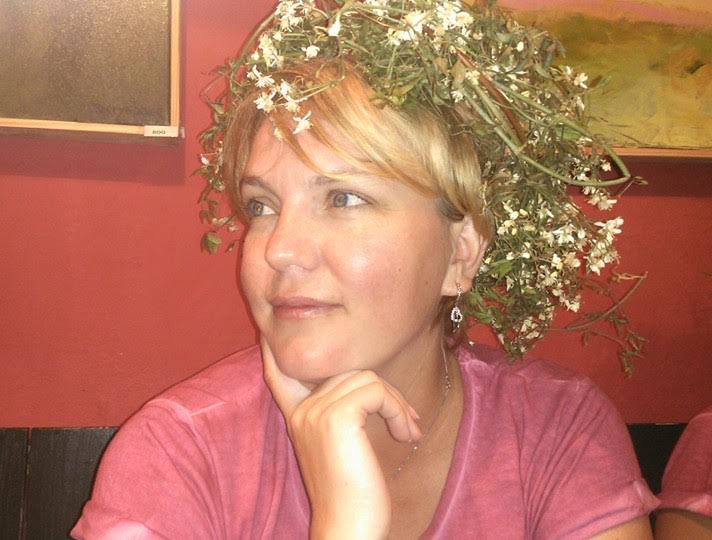(Editor’s note: This is Pt. 2 of a two-part series with tips on applying to the Spanish consulate for a non-lucrative visa if you’re a British citizen. See Pt. 1 here with insider information about each Spanish consulate in the United Kingdom.)
Since Brexit became a reality on 31 January 2020, British citizens have been adjusting to life outside of the European Union; holiday home owners in Spain (or Swallows) no longer have the freedom to come and go unhindered and instead have to adhere to the 90/180 days rule. Those who want to live in Spain can no longer arrive unannounced, dip their toes in the Mediterranean, sample life, then wander down to the local police station and apply for residency. Now, to stay longer than 90 days, Brits have to think about long-term visas such as the non-lucrative visa.
In this second part of my series, I have tips about avoiding the more common problems people encounter when preparing their non-lucrative visa applications.
Doctor’s certificate
Number one is the “doctor’s certificate,” and our advice is get it ready early on, because there are a few issues that can arise:
• Your general practitioner might not be willing to provide you with a medical certificate/statement or they might want to charge you (in some cases up to 50 pounds). In which case you may need to find another doctor or go private.
• Your GP may want to alter the wording of the certificate. That’s because the text required is very specific and he or she may want to shy away from “does not suffer” and replace it with something along the lines of “to our knowledge” or “without having examined the patient,” both of which have been known to cause issues when submitting an application.
The text incidentally should be in line with the following:
This certificate verifies that Mr/Ms ……………………………. Does not suffer from any disease that could cause serious repercussions to public health according to the specifications of the International Health Regulations of 2005.
Crucially, it should in all instances refer to the International Health Regulations of 2005 (the text was obtained from the Manchester consulate);
• Once you have the all-important certificate, you need to have it apostilled (an official certificate from a government that makes a document from one country acceptable in another) and then translated. The apostilling has been a problem for some.
The doctor, for example, might not for a variety of reasons be immediately verifiable. If this happens then it can take time to have them verified and it will require the doctor’s co-operation.
A really good way around the issue of medical certificates is to get it from a doctor in Spain, ensuring that it’s in Spanish so there is no need to have it apostilled or translated. This is invaluable in terms of time and cost. There are a few companies that offer this service from between 70 euros and 100 euros per certificate,
However, Go Spain offer it as part of their ASSSA medical insurance policy, for as little as nothing depending on how many people are on the policy.
Criminal Record Background Check
Please don’t mix up the more common DBS certificate with the ACRO certificate. Yes, they carry more or less the same information, but if you are applying for residency this is non-negotiable. The consulates will ONLY accept the ACRO certificate.
How do we know? Well, we know of a lot of people turned away because of it.
Medical Insurance
There are a number of insurance providers to choose from. Regardless of the company you are dealing with, it’s important to ensure the policy offered is suitable for residency … meaning there are no co-payments, no waiting periods and that it is a one year policy.
Co-payments or no co-payments have always been offered, so that shouldn’t pose a problem; you simply opt for no co-payments.
Waiting periods on the other hand are standard right across the industry when it comes to taking out a new policy, so trying to find a provider that genuinely has no waiting periods isn’t always easy. I know of at least two providers that say there are no waiting periods and they’ll give you a certificate with words to that effect. But in the policy documentation (the most important part), waiting periods are included.
If the consulate checks your documentation your application may be rejected, so for the sake of a few extra pound make sure there are no waiting times. It is also to your benefit because it means that you are covered for all eventualities the moment you step foot on Spanish soil.
The policy that you present to the consulate must be for the duration of one year. Sounds straightforward until you realise that all new policies in Spain run according to the calendar year, so if you take out a policy in June it will normally run to 31 December and then renew for a year.
Many providers have had to make adjustments so that the policy will effectively run from June to June, and this will be reflected in the documentation and on the insurance certificate. Only last week someone was caught out because the dates on their policy only covered the period to 31 December. Fortunately no harm was done and they had the policy cancelled, found a new provider and with their being under the jurisdiction of the Manchester consulate, got a reprieve and were simply asked to re-submit the information.
There are Insurance companies out there that tick all the boxes when it comes to residency so don’t take the risk.
The P45 tax document
As I mentioned in my previous article, the NLV (retirement visa) is for people who are retiring to Spain if they are sure they are not going to work. At the time of writing, the consulate in Edinburgh is asking for a P45, making certain that you are not going to be working. So if you have your P45, take it with you.
So there you have it, a few pointers if you have any questions please either leave a message here or contact me Irina, [email protected].
Also join our facebook group GOSPAIN – Moving To and Living In Spain, I know facebook has its detractors however we have members who have been through the process (and indeed are going through the process), we also have experts willing to help and offer their opinion. https://www.facebook.com/groups/gospain.co.uk
You can also find me at www.gospain.co.uk

About the author:
Irina Greensitt is from the far eastern city of Khabarovsk in Russia, but lived in the United Kingdom for seven years before moving to Spain in 2014 with her husband and two young children.
Irina now runs an internet business and lists walking, travel and sailing (passing her skipper’s exam in 2016) amongst her hobbies. If you are in Granada and need direction, feel free to drop her a line. See her Facebook consulting page here.
See all of Irina’s posts here.
See more from Dispatches’ Spain archive here.














